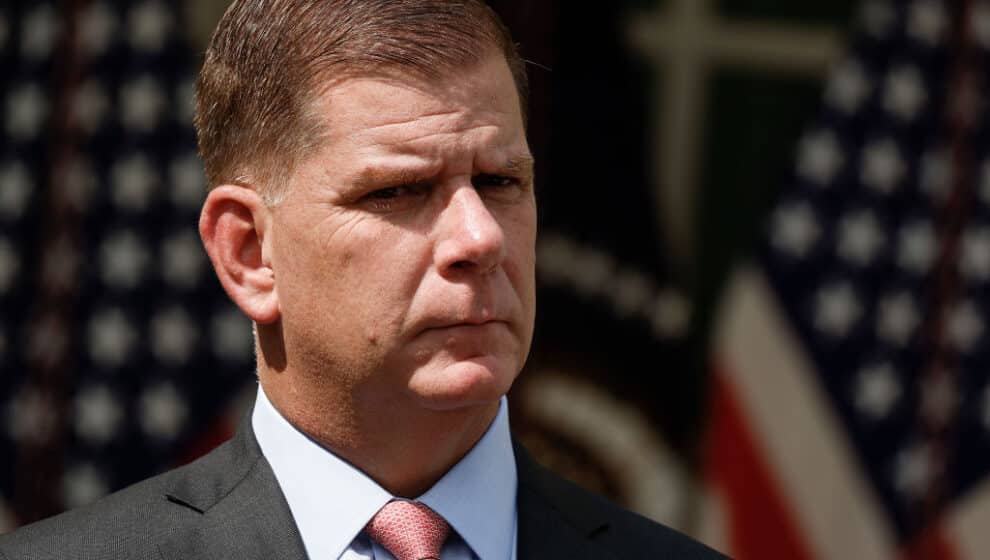Despite media hype, U.S. Labor Secretary Marty Walsh says that he hasn’t heard about quiet quitting from companies.
Key Details
- U.S. Labor Secretary Marty Walsh says that he hasn’t heard much about quiet quitting from industry leaders. Instead, most of the hype seems to be coming from the media.
- “I haven’t really heard about it from companies. I know that it’s being reported in the press,” says Walsh in an interview with Yahoo Finance. “I’ve talked to a lot of companies in the country. And I haven’t heard about that.”
- Quiet quitting is the practice of employees completing their exact job specifications, but not doing any extra work outside of their requirements.
Why it’s news
Though Walsh says he hasn’t heard from companies about quiet quitting troubles, surveys show a different viewpoint.
Research from Gallop that just earlier this year nearly 80% of surveyed employees said they were quiet quitting.
The phenomenon has become more prevalent as remote work has grown more popular.
Even with these high numbers of employees claiming to participate in quiet quitting, Walsh says, “No company has approached me on this quiet quitting idea.”
Critics have suggested that quiet quitting isn’t an ongoing trend at all, but rather a way for employers to convince employees to do extra work without compensation.
In an opinion piece for Bloomberg Sarah Green Carmichael addressed the trend saying, “Some describe quiet quitting as ‘doing the bare minimum,’ while others say they’re ‘meeting all their obligations.’ Some are ‘coasting,’ while others are ‘leaving work at 5 p.m.’ Some are just hoping for better work-life balance. . . Perhaps the TikTok-ers in Generation Z who coined ‘quiet quitting’ have simply discovered what their elders eventually learned: that for a sizable number of people, work can be. . . work. A job is sometimes just a source of income, not deeper meaning.”
Backing up a bit
Despite Walsh’s insistence that he hasn’t heard much about quiet quitting from companies, some employers are taking the trend seriously.
In some cases, companies are paying consultant Dean Lindsay up to $15,000 a day to advise company leaders on the quiet quitting trend.
Other companies are “quiet hiring.” In an effort to frustrate minimum effort employees into leaving the job, employers look to promote employees who are going beyond the minimum requirements.

